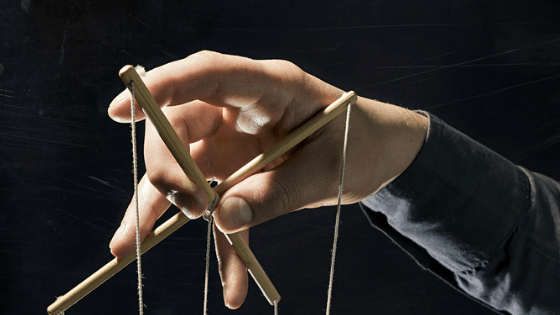
The Enabler’s Role in Addiction
One of the lesser talked about aspects of addiction is the role of the enabler to the addict. Enabling or empowering refers to a pattern of behaviour a loved one such as a spouse, partner, child, parent, grandparent or close friend of a person struggling with an addiction that makes it easier for the addicted person to continue substance abuse or a behavioural disorder with minimal consequences. This typically involves ignoring, denying, excusing, and/or justifying the addiction. Enablers themselves are often in as much denial about their behaviours as addicted individuals can be, resulting in a co-dependent relationship. However, it should be recognized that enabling is often done out of love, even if it makes things worse in the long run. It all comes down to their emotional connection with the addict and often the opinions of the enabler matter a great deal to the addict.
Often enablers are those who are most adversely affected by the behaviour of the people they are enabling. They tend to be very unhappy in the situation but may think that the enabling behaviours are their best or only option. They believe that without their unconditional support, irreparable harm will come to their loved one and that is tantamount to withdrawing love. But this is not true. If the addict is allowed to continue their dysfunctional behaviour without coming to terms with the root problem they are being prevented from getting treatment until they hit truly hit ‘rock bottom,’ but by this time their life may be in disarray. Taking the hard path that will ultimately result in positive change is the most loving thing that can be done for someone. In the long run this can save an addicted person from an extremely destructive path that often ends in prison or even death. Once these truths are recognized, loved ones can begin working with the addicted individual to create better solutions to the problem.
The following are some of the behavioural patterns of enablers:
- Overlooking, ignoring or denying or the addict’s negative or potentially dangerous behaviour
- Struggling with how to express their feelings, especially if there are negative repercussions for doing so
- Prioritising the addict’s needs before their own
- Acting out of fear to do whatever it takes to avoid frightening situations that addiction can create
- Lying to others to cover the addict’s behaviour by presenting a false a controlled, calm exterior in order to keep the peace.
- Blaming people or situations other than the addict.
The first step to ending enabling behaviour is recognising and admitting to oneself that their own behaviour is causing harm to the addicted person. The only way to help an addicted person is to get that individual to admit the problem and accept professional treatment.
The following are some of the steps to breaking the enabling cycle:
- Leave the addict to clean up the messes she makes while intoxicated
- Weigh their options for short-term versus long-term pain by asking themselves ‘Will helping the addict one more time cause more pain in the long run?’
- When possible, they should not allow the addict to them in situations which may endanger themselves or others
- Even if the addict refuses to participate in a planned activity, they should go through with it without them.
The key to breaking the enabling cycle is to return responsibility to the addicted person. That individual needs to once again be responsible for their actions and suffer the consequences of substance abuse. This means setting clear and hard boundaries with the addicted person. It is a process that can be very difficult for enablers must weather the accusations, anger, and guilt-tripping of the addicted person and stand their ground without compromise. The addicted individuals must know that the boundaries are real and that the loved one is no longer willing to enable them and that they are doing it out of love.
Although this process can be highly emotional and difficult, many enablers feel an immense sense of relief after it’s done. Control of the addicted person’s life has been put back where it belongs. As an enabler, the setting of these boundaries is an act of self-love as well. It leads to a time to finally unburden some of the heavy responsibility that they have carried in order to allow them to begin to focus on themselves, their own goals and aspirations, in a guilt free healthy manor.
Share this information, choose your platform!
5 reasons to consider a rehab centre for the treatment of depression
Residential rehab is typically linked with substance misuse and addiction. However, it is also a practical and sensible option for those struggling with depression, or any other mental health condition, who need the extra care and support that inpatient treatment …
Balearic Booze Ban
Balearic party meccas have existed in a state of a begrudging trade-off for decades: weighing the economic benefit of booze-fuelled tourism against the reputational cost of the drunkenness. But the balance has finally tipped with new legislation arriving in January …
How to Avoid a Christmas Relapse
The Christmas and New Year’s holiday season is a happy time to look forward to. A welcome break from the grind of everyday life and a time reflect and to celebrate with colleagues, friends and family. However for those who …
Men’s Mental Health
November is Men’s Mental Health Month in the UK (#MMHM). An annual campaign aimed at raising awareness about the mental health challenges faced by men, and in stamping out the stigma still attached to speaking up and getting help. Three …









